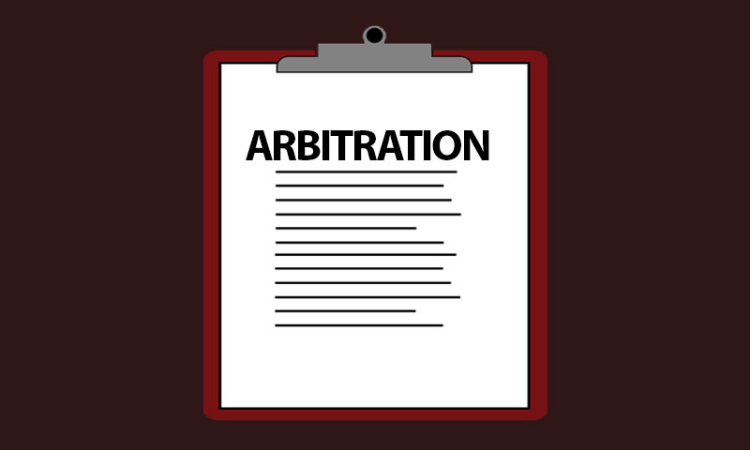Arbitral Fee Under Fourth Schedule Based On Aggregate Value Of Claim & Counter-Claim : Delhi High Court
Nupur Thapliyal
14 March 2022 10:21 AM IST

"The term "sum in dispute" provided in the 4th Schedule to the Act has to be interpreted so as to include the aggregate value of the claims as well as counter claims".
Next Story


